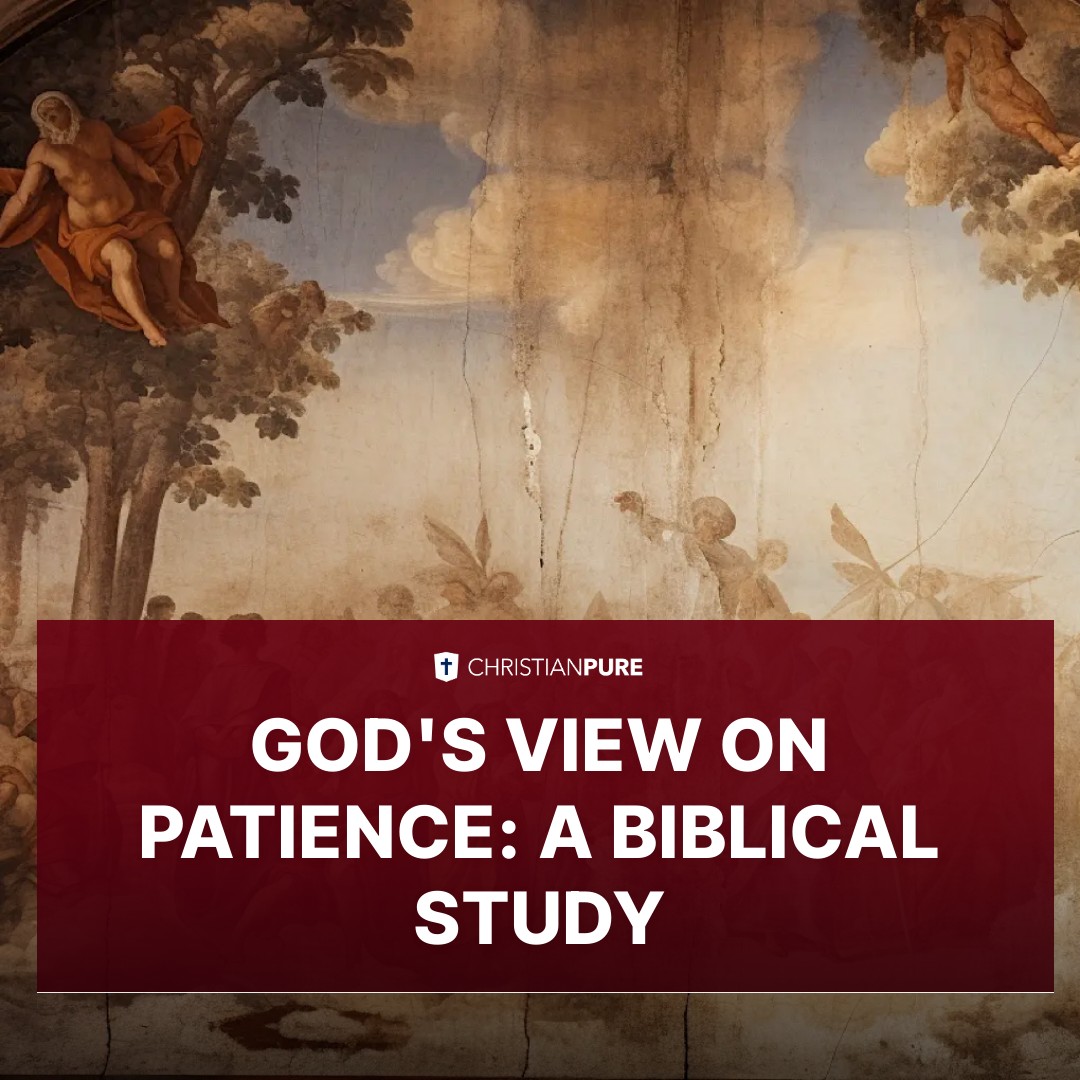Origin and Principles
Calvinism is a system of Christian theology and an approach to Christian life and thought, created within the Protestant Reformation in the 16th century and 17th century, primarily based on teachings from theologians like Ulrich Zwingli and John Calvin, and its doctrine emphasizes predestination and the sovereignty of God.
It's essential to grasp Calvinism's historical development to comprehend its impact on Christian theology fully. The Reformation’s influence was significant, introducing a fresh perspective on God's relationship with humankind.
This marked the emergence of the Five Points of Calvinism, also known as TULIP. These principles are Total depravity, Unconditional election, Limited atonement, Irresistible grace, and Perseverance of the saints.
Remember, the heart of Calvinism isn't austerity or rigidity. It profoundly recognizes God's mercy, grace, and love for His children. Embrace this knowledge, and let it inspire your faith.
What are the beliefs and doctrines of Calvinism?
The Calvinist doctrine has its roots in the Protestant Reformation, and it's named after its founder, John Calvin. Calvinism holds several beliefs that set it apart from other Protestant movements. The key tenets include predestination, limited atonement, and irresistible grace.
Predestination in Calvinism posits that God has chosen certain individuals for salvation before the foundation of the world. This belief is based on the biblical passages that speak about God's elect, suggesting that salvation is not a human choice but a divine decree. The doctrine of limited atonement holds that Christ's sacrifice was expressly for the elect and not everyone in the world.
Another important doctrine in Calvinism is irresistible grace, which asserts that those chosen by God cannot resist His grace. They will inevitably come to faith in Christ because the human will not thwart God’s will. This belief stems from the understanding of total depravity, which suggests that humans are so marred by sin and rebellion against God that they cannot choose Him of their own free will.
What does Calvinism look like in modern churches?
Calvinism in modern Christian churches can take on many forms, as the core beliefs have been interpreted in various ways across different congregations. Some Calvinist churches hold strictly to all the doctrines, while others may lean towards a more moderate approach.
In many Calvinist congregations, you will find a strong emphasis on the sovereignty of God in all aspects of life. This often translates into high regard for biblical authority and a serious approach to worship and church discipline. Sermons in these churches often focus on God's grace and the need for a personal relationship with Jesus Christ.
Modern Calvinist churches also emphasize community and fellowship. They believe Christians are called to live in the community to display God's love to the world. Therefore, they often have robust church programs to foster relationships between members and help them live out their faith practically.
The Five Points of Calvinism - TULIP
The Five Points of Calvinism, often represented by the acronym TULIP, summarizes the Reformed doctrine. It stands for Total Depravity, Unconditional Election, Limited Atonement, Irresistible Grace, and Perseverance of the Saints.
Total Depravity means that sin has affected all parts of a person, making them incapable of choosing or doing good on their own. Unconditional Election asserts that God has chosen from eternity those whom He will bring to Himself not based on foreseen virtue, merit, or faith in those people.
Limited Atonement posits that Jesus's substitutionary atonement was definite and certain in its purpose and what it accomplished, meaning Jesus died only for the sins of the elect. Irresistible Grace refers to the biblical doctrine that God’s saving grace is effectually applied to those He has determined to save and, in God's timing, overcomes their resistance to obey the call of the gospel, bringing them to faith in Christ.
Finally, Perseverance of the Saints means that all chosen by God, redeemed by Jesus Christ, and given faith by the Spirit are eternally saved and will persevere in faith.
What churches follow the Calvinism doctrines?
Several Protestant churches follow the doctrines of Calvinism. These include the Presbyterian Church, the Reformed Church, the United Church of Christ, and some Baptist churches.
The Presbyterian Church is perhaps the most well-known Calvinist denomination. It was founded by John Knox, a student of John Calvin, in the 16th Century in Scotland. Presbyterians emphasize the sovereignty of God, the authority of the Scriptures, and the necessity of grace through faith in Christ Jesus.
The Reformed Church is another denomination that follows Calvinist theology. It originated in the Netherlands in the 16th Century and emphasizes the doctrines of grace, the covenant, and the kingdom of God.
What are the Major Calvinist Churches?
The major Calvinist churches include the Presbyterian Church (USA), the Reformed Church in America, the Christian Reformed Church, the Evangelical Presbyterian Church, the Orthodox Presbyterian Church, and the United Reformed Churches in North America.
- Presbyterian Church: This church has a significant Presbyterian influence, and its doctrine is grounded in Calvinist theology.
- Reformed Church in America: This body of believers also adheres to the Calvinist doctrines, emphasizing God's sovereignty and predestination.
- Reformed Baptist Churches: These Calvinist churches follow Baptist traditions while adhering to Calvinist teachings.
Each of these denominations holds to the Five Points of Calvinism, though they may differ in their emphasis and interpretation of other doctrines. For example, the Presbyterian Church (USA) tends to be more liberal in its theology and social stances, while the Orthodox Presbyterian Church is more conservative.
Are all Presbyterians Calvinists?
Not all Presbyterians are Calvinists. While the Presbyterian Church has its roots in the Reformed tradition and holds to Calvinist theology, there is a wide range of beliefs within the denomination. Some Presbyterian denominations may hold strictly to Calvinist doctrine, while others may be more moderate or liberal in their theology.
Furthermore, there are several Presbyterian denominations, and not all of them align with Calvinism. For example, the Cumberland Presbyterian Church rejects the Calvinist doctrine of predestination, and the Evangelical Covenant Order of Presbyterians holds to a more Arminian theology.
Can non-denominational churches be Calvinists?
Yes, non-denominational churches can be Calvinist in their theology. Non-denominational simply means the church is not formally affiliated with any specific denomination. However, this does not mean they do not hold specific theological beliefs.
Many non-denominational churches are founded by pastors who hold Calvinist theology and want to build a church that emphasizes these beliefs. These churches may not be formally connected to a Calvinist denomination, but they still hold to the core beliefs and doctrines of Calvinism.
In conclusion, Calvinism is a rich and complex theological tradition influencing various churches and denominations. Whether in a Presbyterian Church, a Reformed Church, or a non-denominational congregation, you can find followers of Calvin who are committed to the doctrines of grace and the sovereignty of God.




















